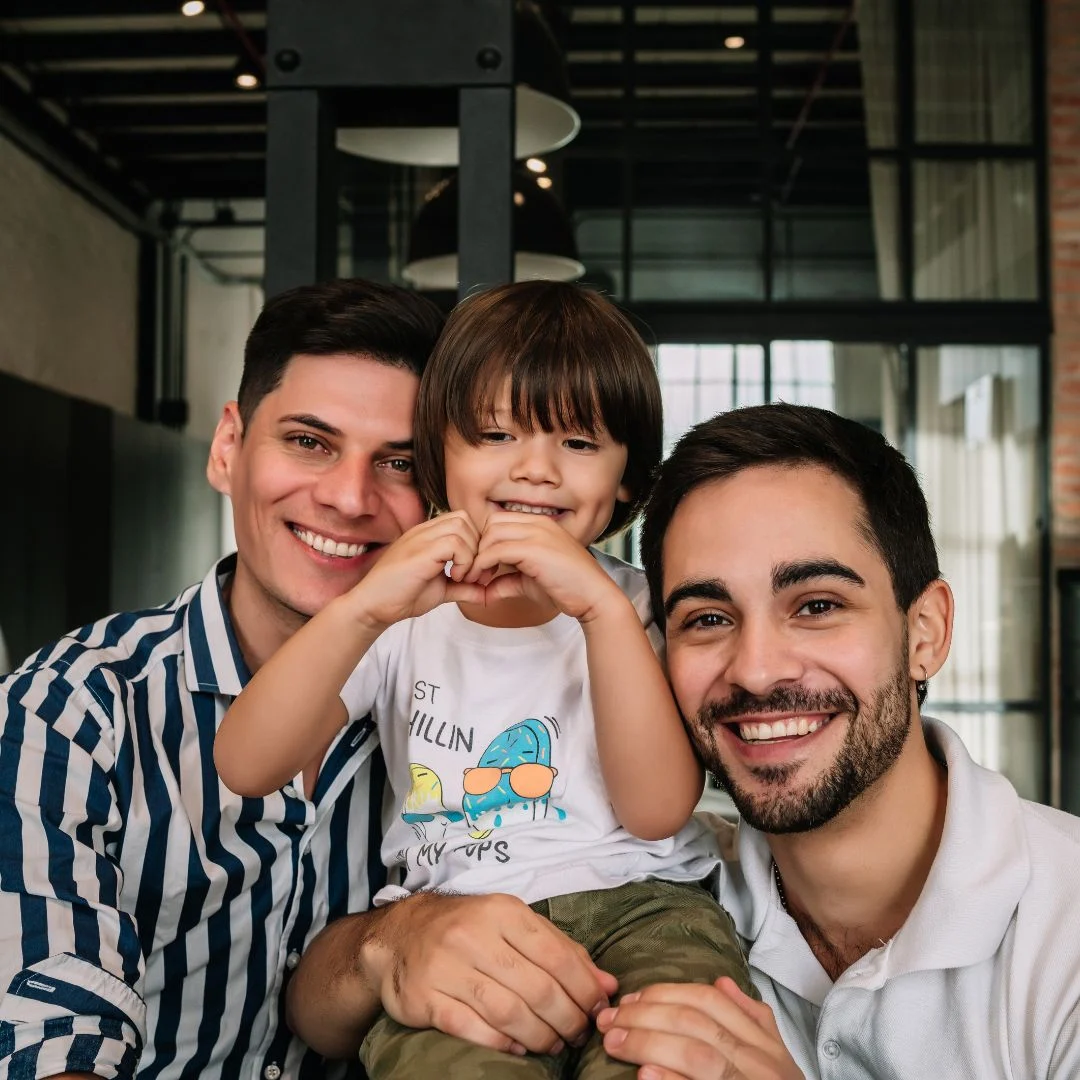Embracing the Rainbow: An Overview of LGBTQ+ Family-Building Possibilities
Families come in many forms, and everyone's parenthood journey is unique. Any person looking to start a family, regardless of their sexual orientation or gender identity, should be able to choose the option that best suits them. The family-building services available to LGBTQ+ individuals and couples have evolved significantly in recent years, including options for transgender and gender non-conforming individuals. In honor of Pride Month, Bundl is exploring the various forms of assisted reproductive technology (ART) that make it possible for LGBTQ+ people to achieve their dreams of becoming parents or growing their families.
LGBTQ+ Fertility Treatments
In the past, there was a common misconception that LGBTQ+ individuals and couples couldn't have children biologically. However, thanks to the remarkable advancements in modern fertility care and third-party reproduction, this perception has dramatically changed in recent years. The doors for LGBTQ+ family-building have swung wide open. Whether your family relationship involves two women, two men, transgender individuals, or any combination of these, ART can be a powerful tool to help you overcome biological barriers and achieve your dreams of parenthood. These options include:
- Intrauterine insemination (IUI): This method involves placing sperm inside the uterus close to the fallopian tubes, helping to reduce the sperm’s journey to the egg and increasing the chances of fertilization.
- In vitro fertilization (IVF): The most common ART method, IVF involves retrieving eggs and sperm and combining them in a laboratory; once fertilization occurs and an embryo develops, it’s transferred to the uterus for implantation.
- Reciprocal IVF: This form of IVF is a great option for lesbian couples who both want to be involved with the pregnancy in some way. In reciprocal IVF, one partner provides the eggs for fertilization, and the other carries the pregnancy.
- Sperm and egg donation: Sperm and egg donation is an excellent option for same-sex couples or single LGBTQ+ individuals. Donor sperm can be used in IUI or IVF, while donor eggs are only used in IVF.
- Gestational surrogacy: Surrogacy involves the help of a gestational carrier or surrogate carrying the pregnancy for the IPs. Surrogacy plays an important role in LGBTQ+ family-building, particularly for same-sex male couples.
Fertility Care for Transgender and Gender Non-Conforming Individuals
Transgender individuals may experience unique challenges when it comes to their fertility journey, especially if they are undergoing gender-affirming care (i.e., hormonal treatment, surgery, etc.). However, thanks to increased visibility and inclusion, the landscape of transgender fertility is changing.
In addition to the services listed above, many transgender individuals now seek out fertility preservation to help keep their family-building options open before undergoing gender-affirming therapies. For trans women, this refers to sperm freezing, and for trans men, this refers to egg freezing. By freezing and storing eggs or sperm, individuals can preserve their reproductive potential, providing a sense of security and peace of mind.
Happy Pride Month from Bundl!
BUNDL understands the unique challenges faced by aspiring parents, particularly within the LGBTQ+ community. We are dedicated to removing any guesswork when it comes to supporting LGBTQ+ families as they navigate their paths to parenthood. From all of us at Bundl, we wish you a Happy Pride Month!
About BUNDL Blog
The BUNDL Blog features need-to-know information for all aspects of the fertility journey, including info about IVF, IUI, and affording care.

